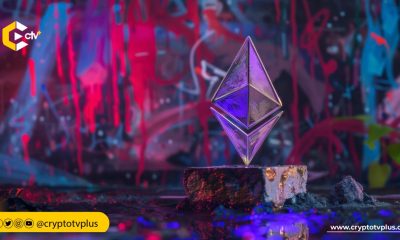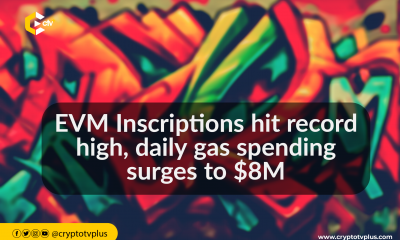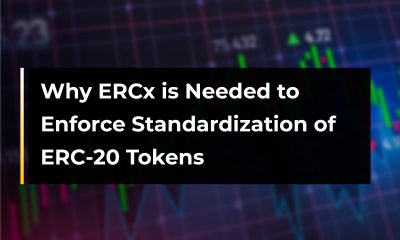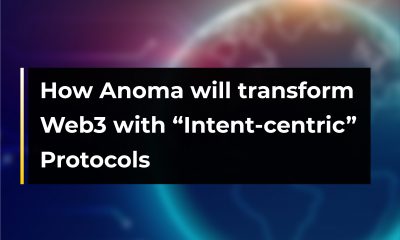FEATURED
How Aurora Cloud is innovating tokens for gas fees
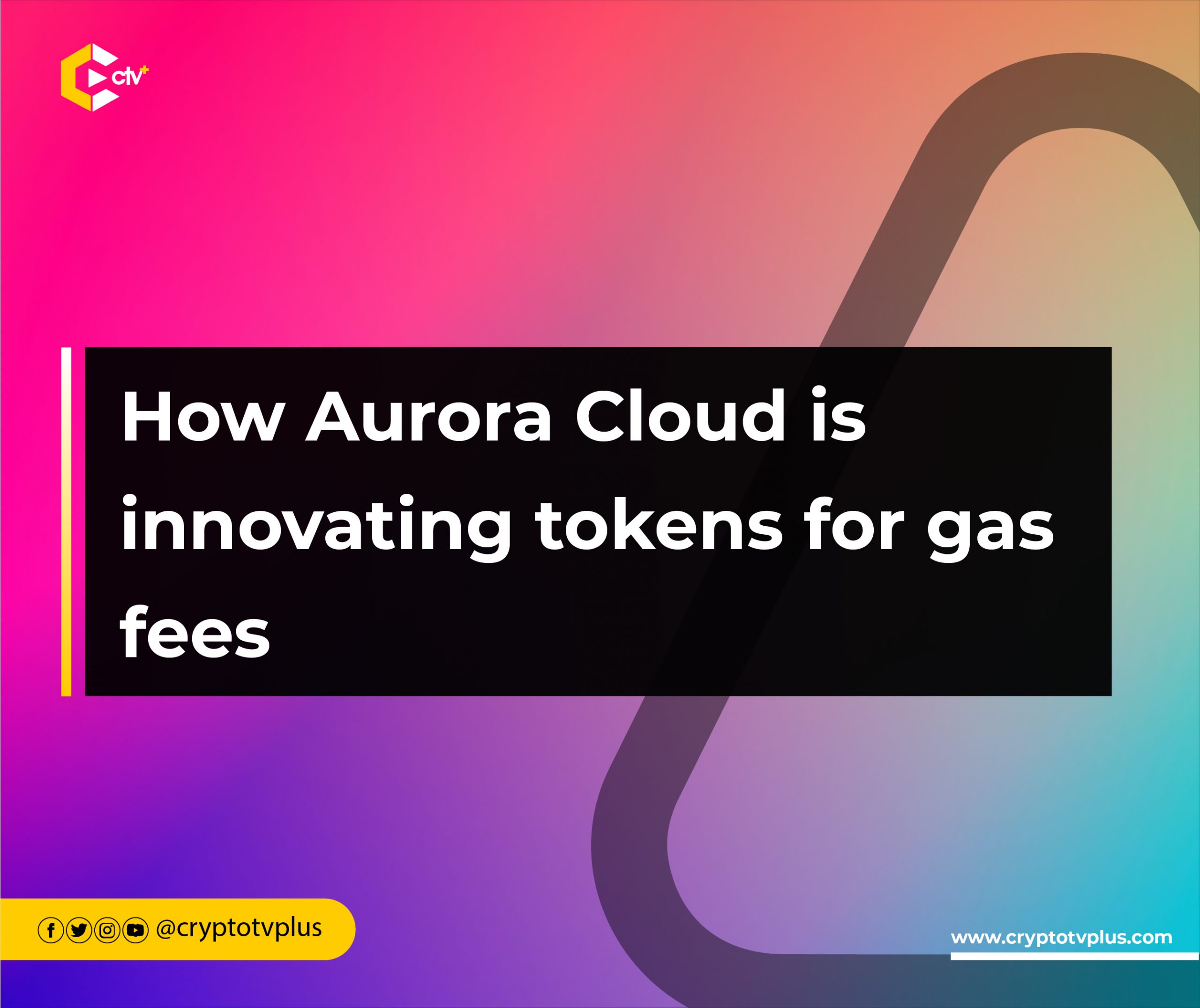
In the world of cryptocurrency, gas fees play a critical role, much like transaction fees do in traditional finance. They are a necessary component that applies to various blockchain operations. These fees account for the costs tied to performing actions on a blockchain network.
Dealing with the creation and adjustment of gas fee tokens for transactions, particularly for businesses entering the Web3 space can present a significant challenge in the crypto industry.
To address this issue, Anton Paisov, Head of Integrations at Aurora Labs, who spoke at ETHCC Paris, discussed the pros and cons of employing ERC-20 tokens as gas fee tokens, along with strategies to mitigate the downsides.
ERC-20 tokens are a type of cryptocurrency built on the Ethereum blockchain. They adhere to the ERC-20 standard, a specific set of rules and guidelines governing the creation and management of tokens within the Ethereum network.
These tokens have become the foundation for a wide array of projects, enabling the creation of diverse digital assets, from utility tokens to decentralized finance (DeFi) tokens and more.
Aurora Labs is the creator of Aurora, a groundbreaking blockchain, which enables Ethereum contracts to execute seamlessly on the high-performance NEAR blockchain.
During the presentation, Anton highlighted the potential benefits of using ERC-20 tokens as gas fees, which could lead to increased flexibility and efficiency in blockchain transactions. He noted that deploying ERC-20 tokens as base tokens for gas fees opens up a realm of possibilities for various use cases.
However, he acknowledged that this approach presents both opportunities and challenges. One of the major challenges is aligning this concept with Ethereum’s standards and processes, involving Ethereum Improvement Proposals (EIPs) and addressing user experience concerns.
Aurora Cloud infrastructure
The Head of Integrations introduced the Aurora Cloud infrastructure as the proposed solution. Aurora Cloud is an expansive platform designed to assist businesses in embracing blockchain technology.
This comprehensive product encompasses Aurora Silos, Borealis Business, and Aurora Pass, empowering businesses to tailor their own base tokens for gas fees using the Aurora Cloud platform.
Aurora Silos are specialized blockchains for Aurora customers, offering unique innovations like custom token mechanics, access control, high transaction throughput, and more.
Aurora Cloud users utilize Aurora Pass, a mobile wallet that interacts with Aurora’s public network or Silos. To simplify the user experience, Borealis Business, an industry-first transaction engine, conceals complexities related to transaction fees and economic models for end users.
Anton said that this innovation empowers enterprises to streamline their operations and engage with blockchain technology without the hurdles typically associated with gas fees.
He noted that the idea is that “gas fees can be either completely removed or be set for per project needs.”
Additionally, he highlighted that Aurora Cloud’s features underscore its interoperability, cross-contract calls, and integration with Rainbow Bridge – a trustless bridge connecting Ethereum and NEAR.
Concluding, Anton underscored the transformative potential of adopting ERC-20 tokens for gas fees. This introduces a customizable and user-friendly approach for businesses and users to participate in blockchain transactions, allowing each project to choose a preferred token for paying gas fees within the Aurora infrastructure.
Read also; Why Web3 needs decentralized frontends



